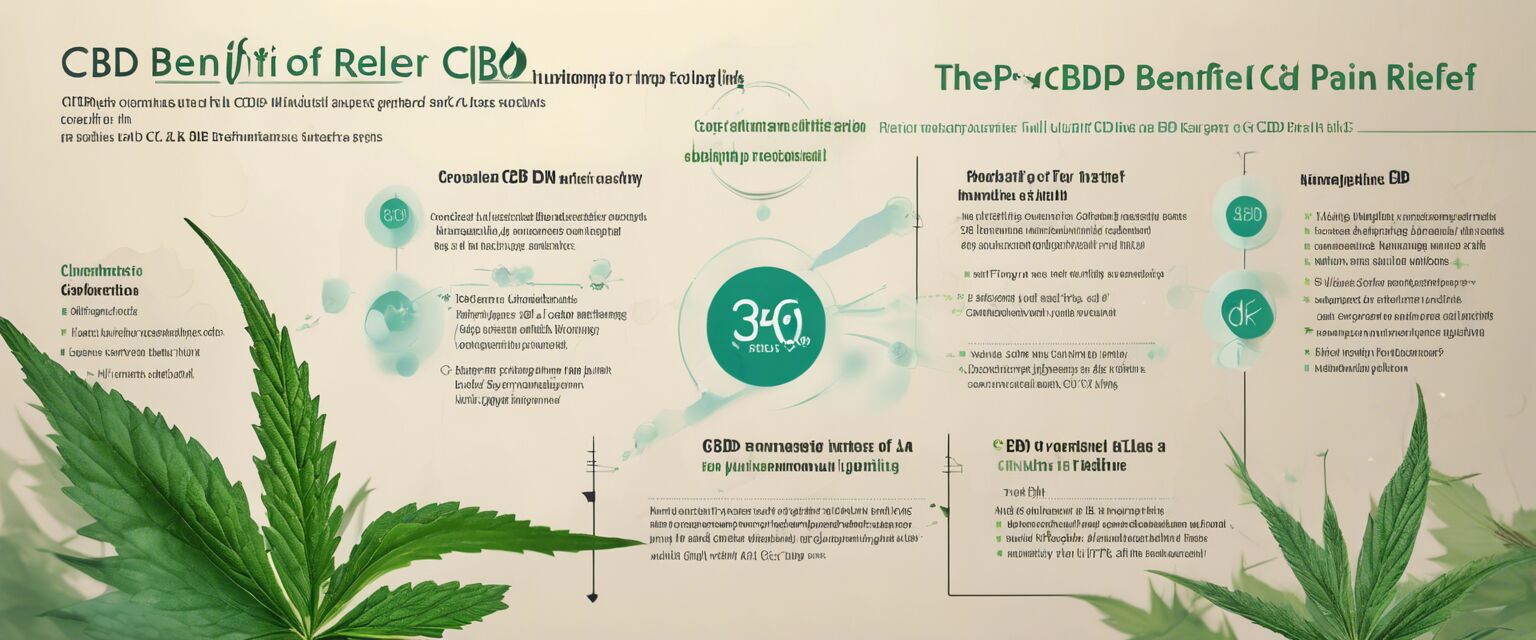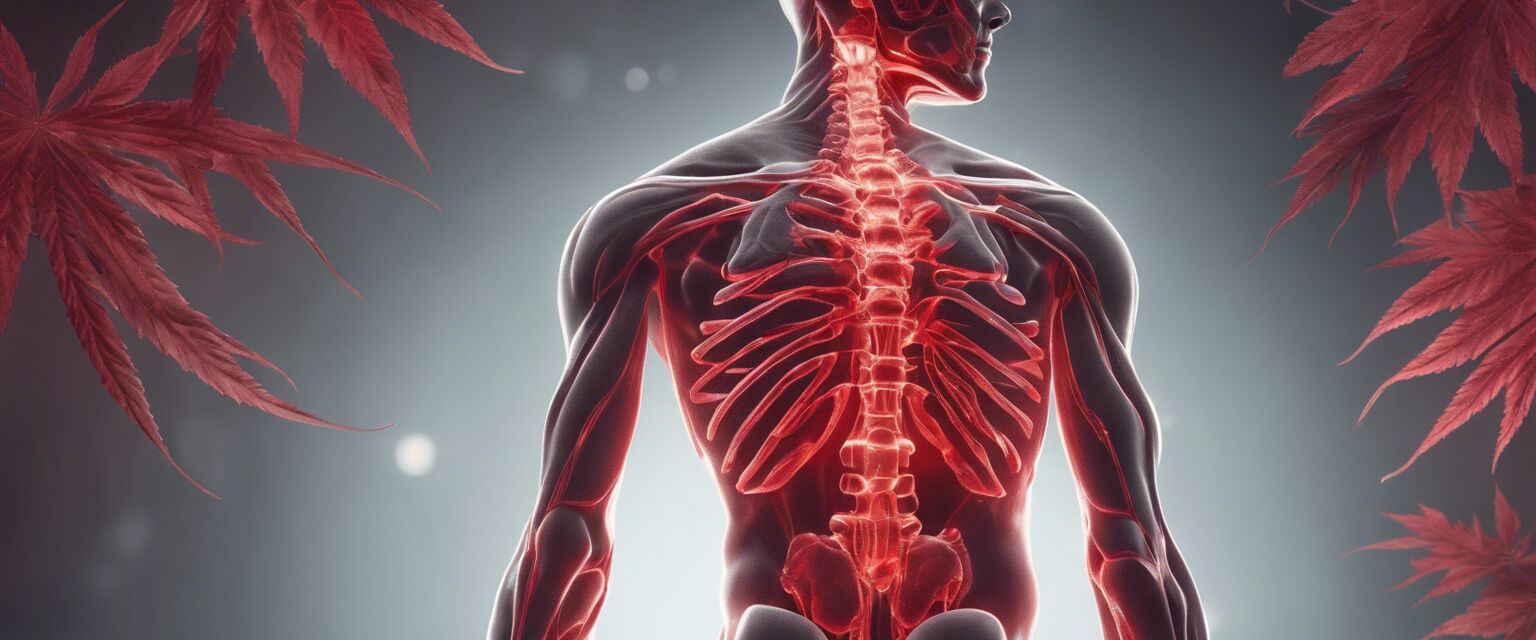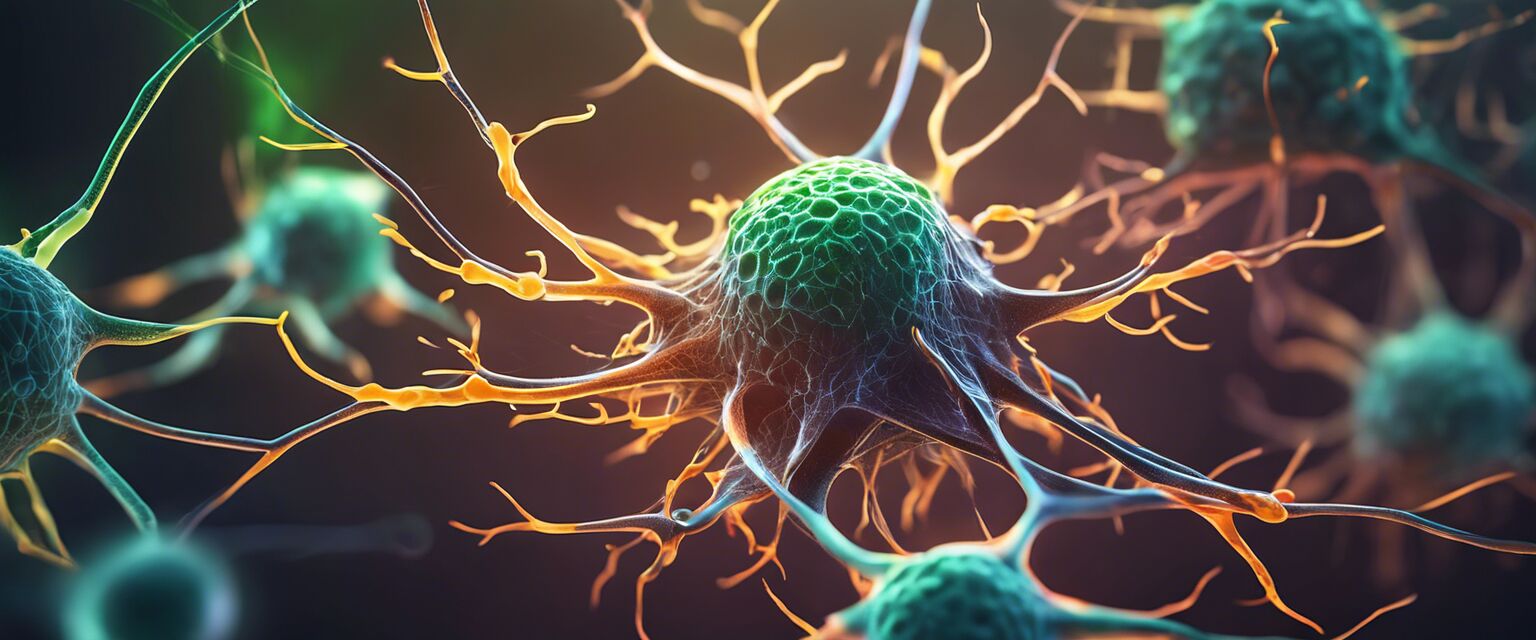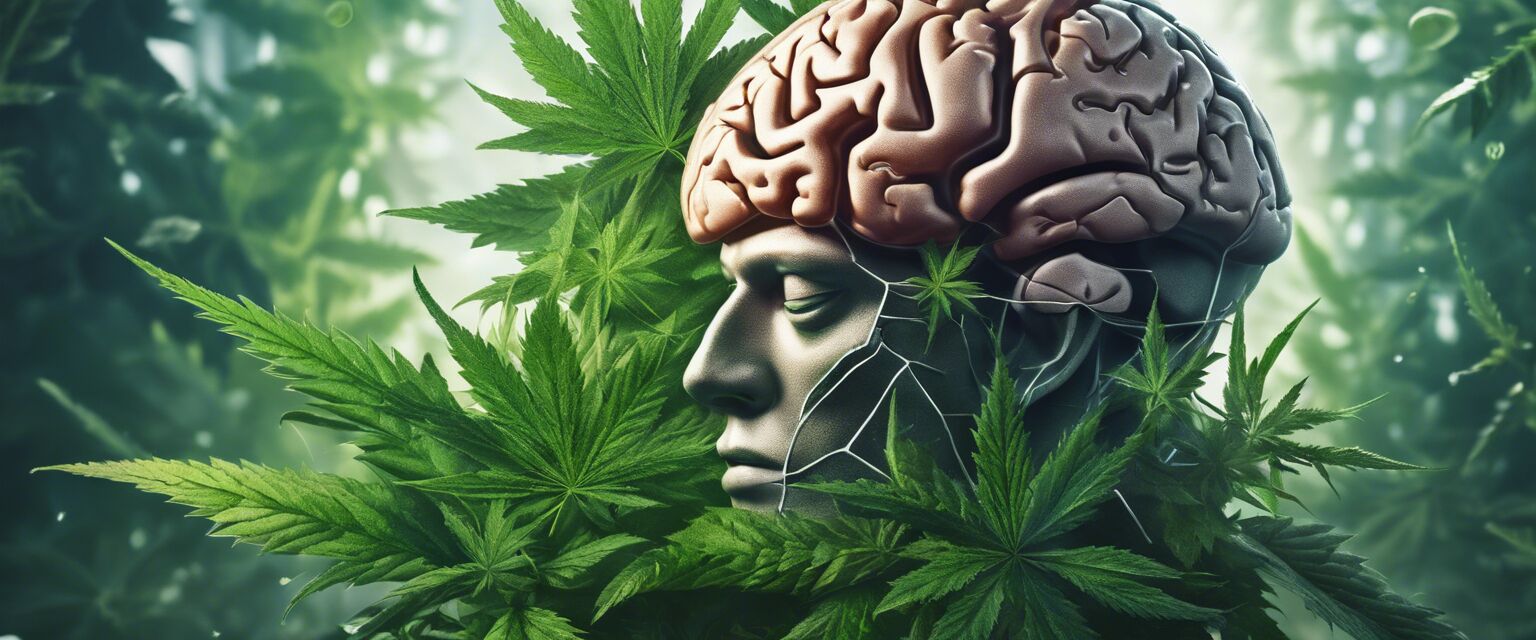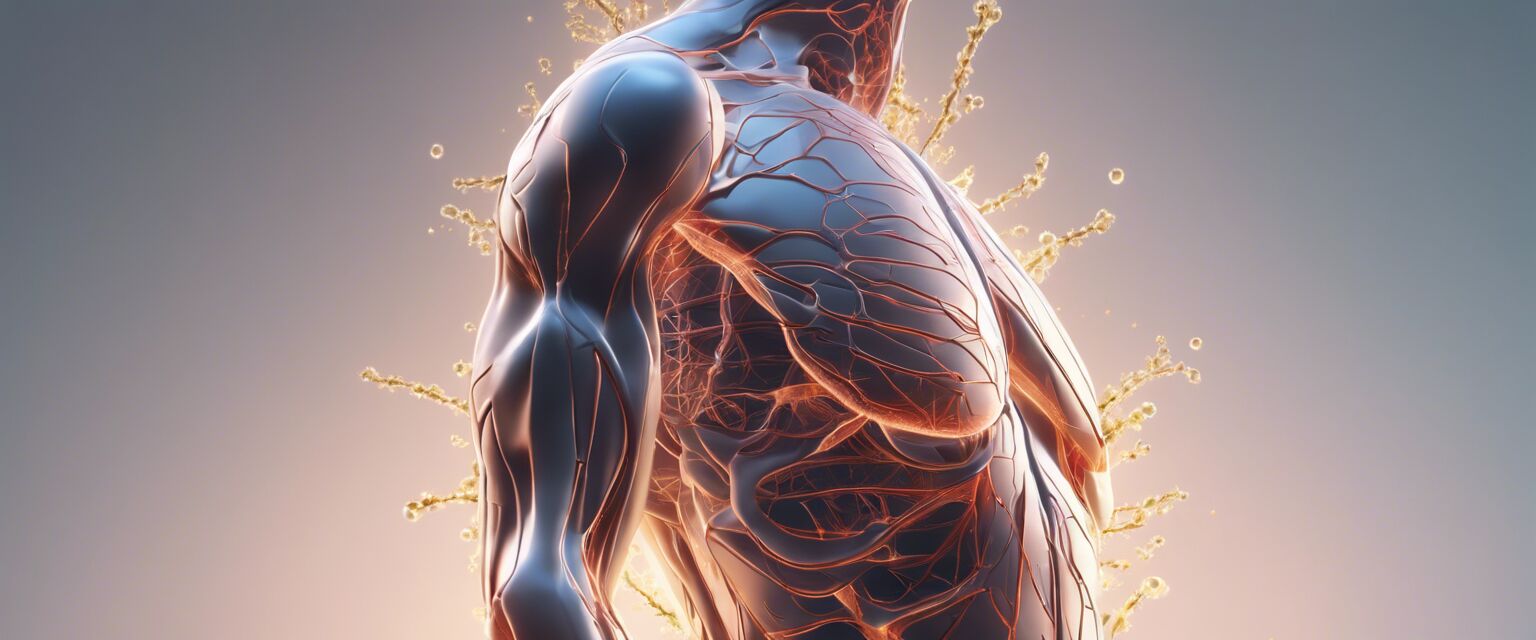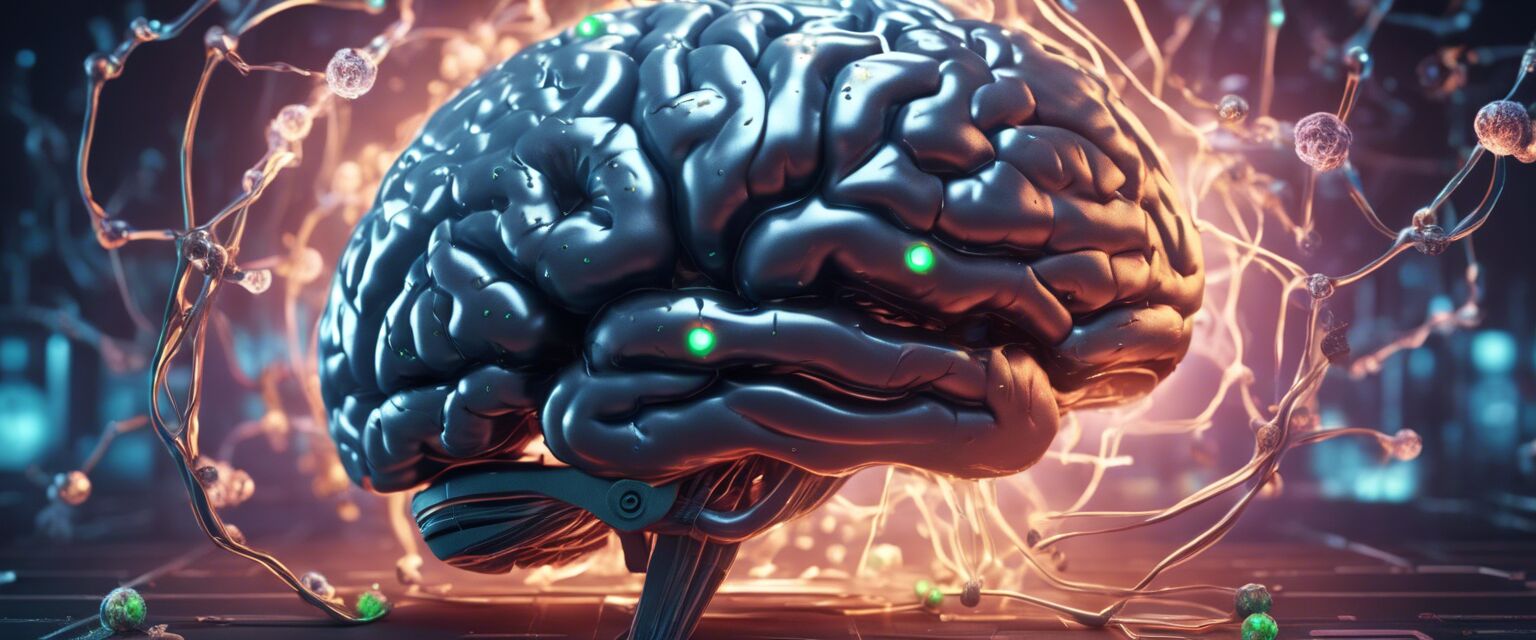
CBD and Acute Pain: A Comprehensive Guide
Acute pain can be debilitating, making it difficult to perform even the simplest tasks. With the rise of CBD as a natural alternative for pain relief, many are wondering if it can be an effective solution for acute pain. In this article, we'll delve into the world of CBD and explore its effectiveness and usage in treating acute pain.
Key Takeaways
- CBD has shown promise in reducing inflammation and pain in acute pain conditions.
- The endocannabinoid system plays a crucial role in pain regulation, and CBD can interact with it to provide relief.
- Topical CBD products, such as creams and patches, may be more effective for acute pain than oral products.
- More research is needed to fully understand the potential benefits and optimal dosage of CBD for acute pain.
What is Acute Pain?
Acute pain is a normal response to tissue damage or inflammation, typically resolving once the underlying cause is treated. It can be caused by various factors, such as injury, surgery, or infection. Acute pain is usually short-term, lasting less than 6 months, and can range from mild to severe.
The Endocannabinoid System and Pain Regulation
The endocannabinoid system (ECS) is a complex network of receptors and chemicals that play a crucial role in regulating various physiological processes, including pain. The ECS consists of two primary receptors: CB1 and CB2. CB1 receptors are primarily found in the brain and central nervous system, while CB2 receptors are found in the peripheral nervous system and immune cells.
| Receptor | Location | Function |
|---|---|---|
| CB1 | Brain and central nervous system | Regulates pain, mood, and memory |
| CB2 | Peripheral nervous system and immune cells | Regulates inflammation and immune response |
How CBD Interacts with the Endocannabinoid System
CBD, a non-psychoactive compound found in cannabis plants, interacts with the ECS to provide potential therapeutic benefits. CBD can:
- Inhibit the breakdown of anandamide, an endocannabinoid that helps regulate pain
- Activate TRPV1 receptors, which can help reduce pain and inflammation
- Reduce inflammation by interacting with CB2 receptors
Effectiveness of CBD in Acute Pain
While more research is needed, existing studies suggest that CBD may be effective in reducing acute pain. A study published in the Journal of Pain Research found that CBD reduced pain and inflammation in rats with acute inflammation.

Types of CBD Products for Acute Pain
When it comes to CBD products for acute pain, topical products may be more effective than oral products. Topical products, such as creams and patches, can provide targeted relief directly to the affected area.
| Product Type | Description | Benefits |
|---|---|---|
| Topical CBD Creams | Apply directly to the skin to provide targeted relief | Fast absorption, easy to use, and can be reapplied as needed |
| Transdermal CBD Patches | Adhesive patches that release CBD into the bloodstream | Long-lasting relief, easy to use, and can provide consistent dosing |
Beginners Section
Getting Started with CBD for Acute Pain
- Consult with a healthcare professional before starting CBD, especially if you're taking medications or have underlying health conditions.
- Start with a low dose and gradually increase as needed and tolerated.
- Choose a high-quality CBD product from a reputable brand.
- Monitor your symptoms and adjust your dosage or product type as needed.
Pros and Cons of CBD for Acute Pain
Pros
- Natural and non-invasive
- Potential for targeted relief with topical products
- May reduce need for opioids or other pain medications
Cons
- More research is needed to fully understand its effectiveness and optimal dosage
- May interact with certain medications
- Quality and consistency of CBD products can vary between brands
Conclusion
CBD shows promise as a natural alternative for acute pain relief. While more research is needed, the existing evidence suggests that CBD can interact with the endocannabinoid system to provide relief. When choosing a CBD product, consider topical products, such as creams and patches, and consult with a healthcare professional to ensure safe and effective use.
For more information on CBD products, check out our CBD Topicals and CBD Patches pages.

Remember to always consult with a healthcare professional before starting any new supplement, especially if you're taking medications or have underlying health conditions.
